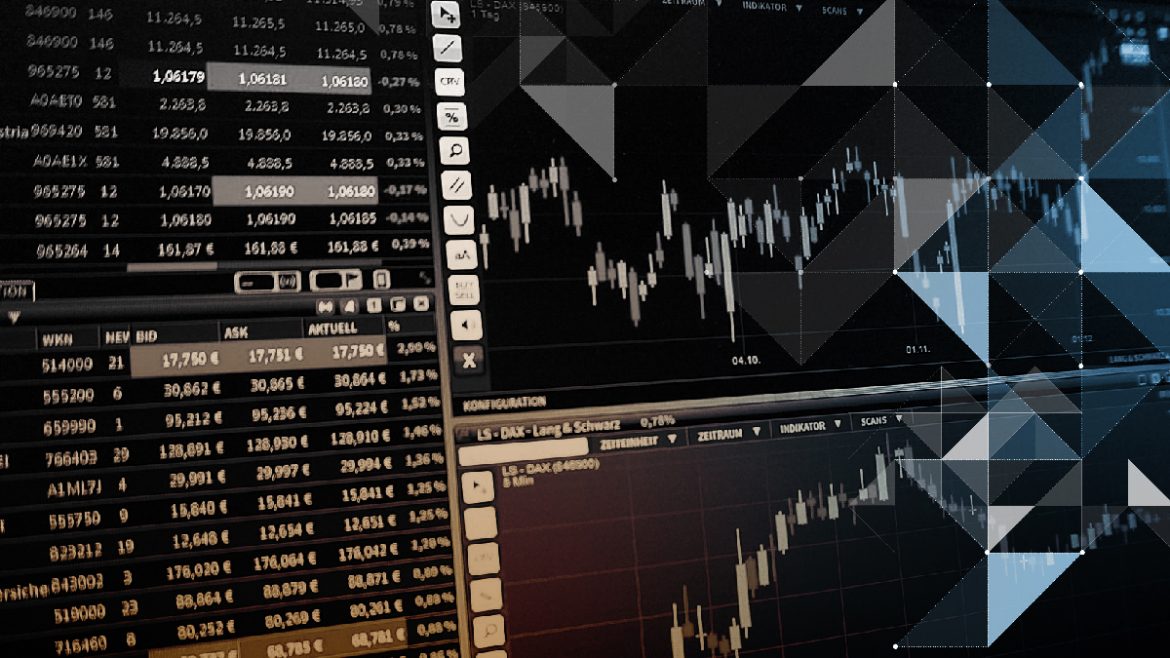If you’re going to do any real cryptocurrency trading, you’ll need to register to an exchange that trades tokens and cryptocurrencies. But not every exchange is created equally. Some are great for trading ERC20 tokens, others are good for trading with fiat money… and some are simply not good at all.
But what makes a good exchange and how do you spot one? If you’ve been in the industry for an extended period of time, you’ve probably gotten a feel for good and bad exchanges through your own trial and error. But if you’re completely new to the game, picking your first exchange can be tough. That’s why we’ve compiled a list of things to look out for when registering for an exchange.
1. Security
Your security comes before everything else. Avoid exchanges that are constantly hit with data breaches. If you’re not sure which ones have been hacked, run a Google search with the name of the exchange along with the word “hacked.”
But don’t stop there. You also need to know whether you’re protected in the event of a data breach.
- Do they have an insurance policy?
- If they were hacked, did they reimburse the funds stolen from customers? If so, how long did the reimbursement take?
- Does the exchange offer extra security features like two-factor authentication?
With that said, no exchange is 100% safe against hackers, which is why you should never store all your cryptocurrencyon an exchange. Get a personal wallet, leave a little on the exchange for small transactions, and transfer back to your exchange wallet when making big trades.
2. Privacy
For some people, privacy is a deal breaker. Others couldn’t care less whether they’re using an exchange anonymously or not. Many exchanges now have some form of KYC protocol which requires you to submit identification as part of the registration process. Others want identification when you reach a certain trading threshold.
If you belong to the school of thought that cryptocurrency should be anonymous, you’ll want to avoid exchanges that require identification as part of their onboarding procedure. If anonymity isn’t a concern for you, still take the time to read the terms and conditions before signing up so you know whether your information is protected. And regardless of whether you’re on a private exchange or not, be sure to follow your country’s laws regarding crypto taxes. More often than not, they willfind out if you’re cheating them.
3. Transfer Limits
There’s nothing more frustrating than trying to transfer $5,000 worth of cryptocurrency to a personal wallet, only to be told you have to wait 24 hours to complete your transfer.
Transfer limits are a royal pain and, unfortunately, they’re a common fixture on most popular exchanges. Some exchanges set low transfer limits until you complete a verification process, others set your transfer limit based on your trading volume. There are even exchanges that will let you deposit money into your exchange wallet, but they set your limit at $0, preventing you from doing anything with your funds until you complete their onboarding process… which is mildly infuriating.
Chances are, you’re going to encounter transfer limits on most exchanges you join. Just be sure to research the platform’s limit policy ahead of time and see if it works for you. For some people, a transfer limit of $10,000 a day is reasonable. But if you’re a whale, you might need $100K or more. The good news is that most transfer limits are tiered, so if you do happen to be a big spender, there are ways to increase the amount of money you can send at any given time.
The Recap
Basically, a good exchange:
- Is secure.
- Protects your information, regardless of whether it’s anonymous or not.
- Makes it easy to send and receive money.
That’s really it for the essentials. Aside from that, choose one or more platforms that offer a wide range of altcoins, and be sure to check the trading pairs. Most exchanges will pair Bitcoin and Ethereum with other cryptocurrencies, meaning you exchange your BTC or ETH for another crypto. Some even pair coins with fiat, like the US Dollar, Yen, and the Euro.
And remember, you don’t have to stick to only one exchange. It’s not uncommon for people to trade on multiple exchanges based on the coins offered.
Happy trading!

1 comment
[…] Investing & Trading […]
Comments are closed.